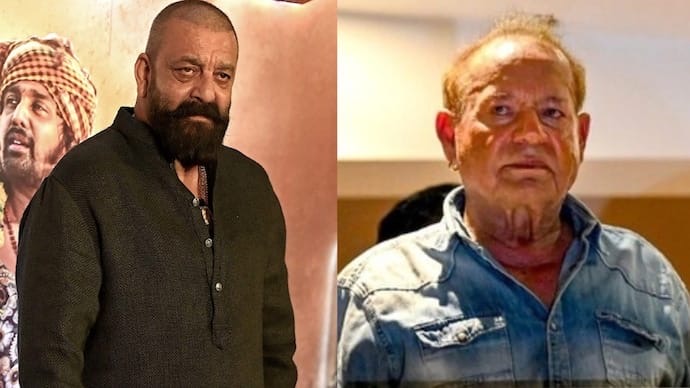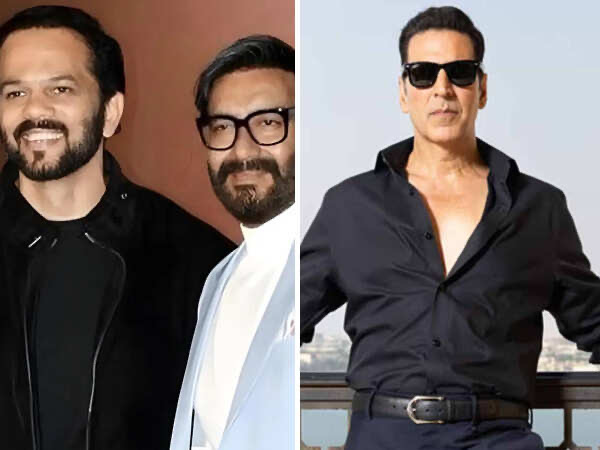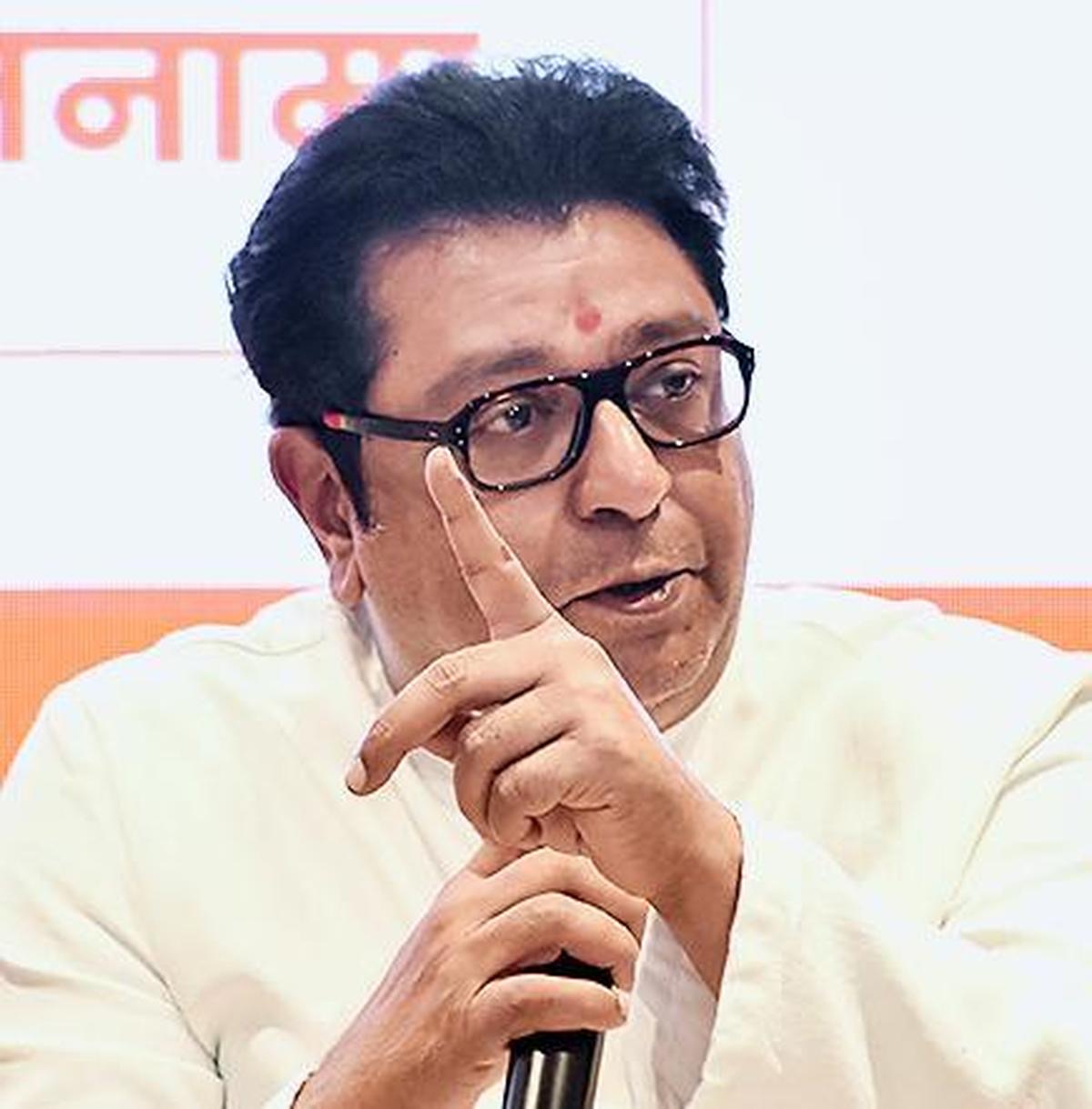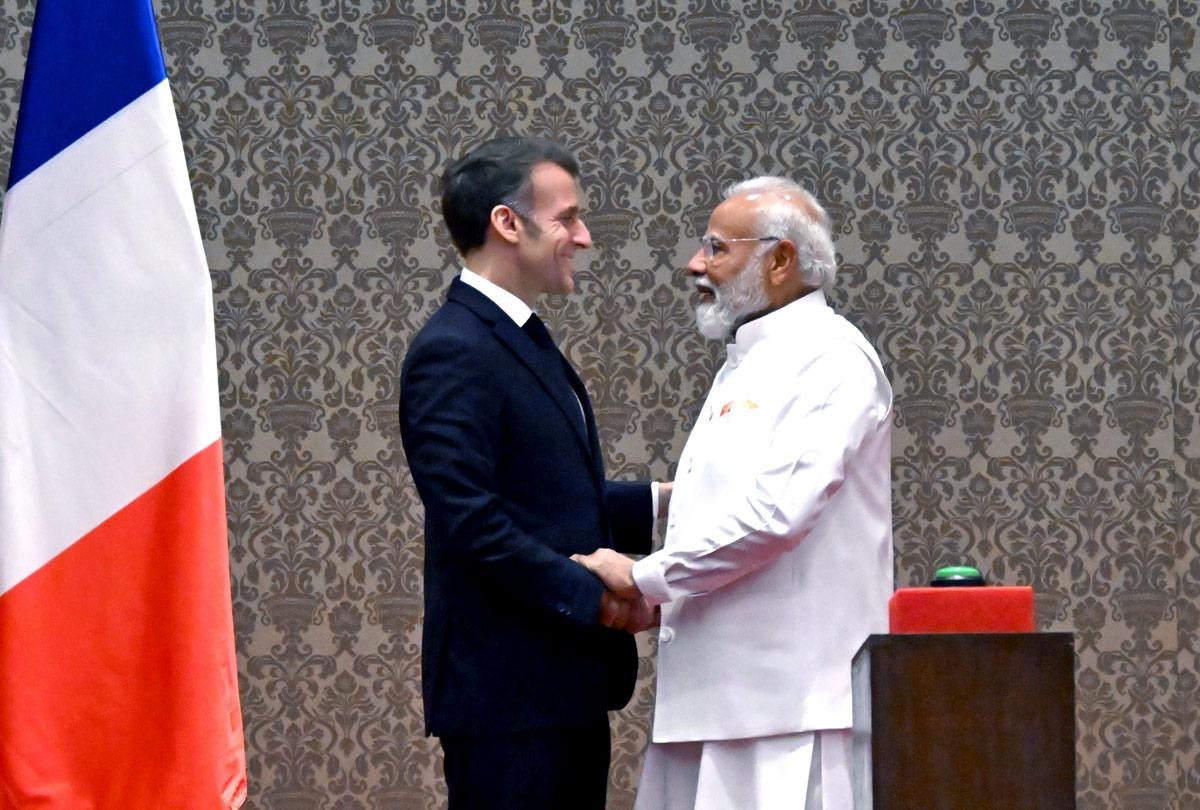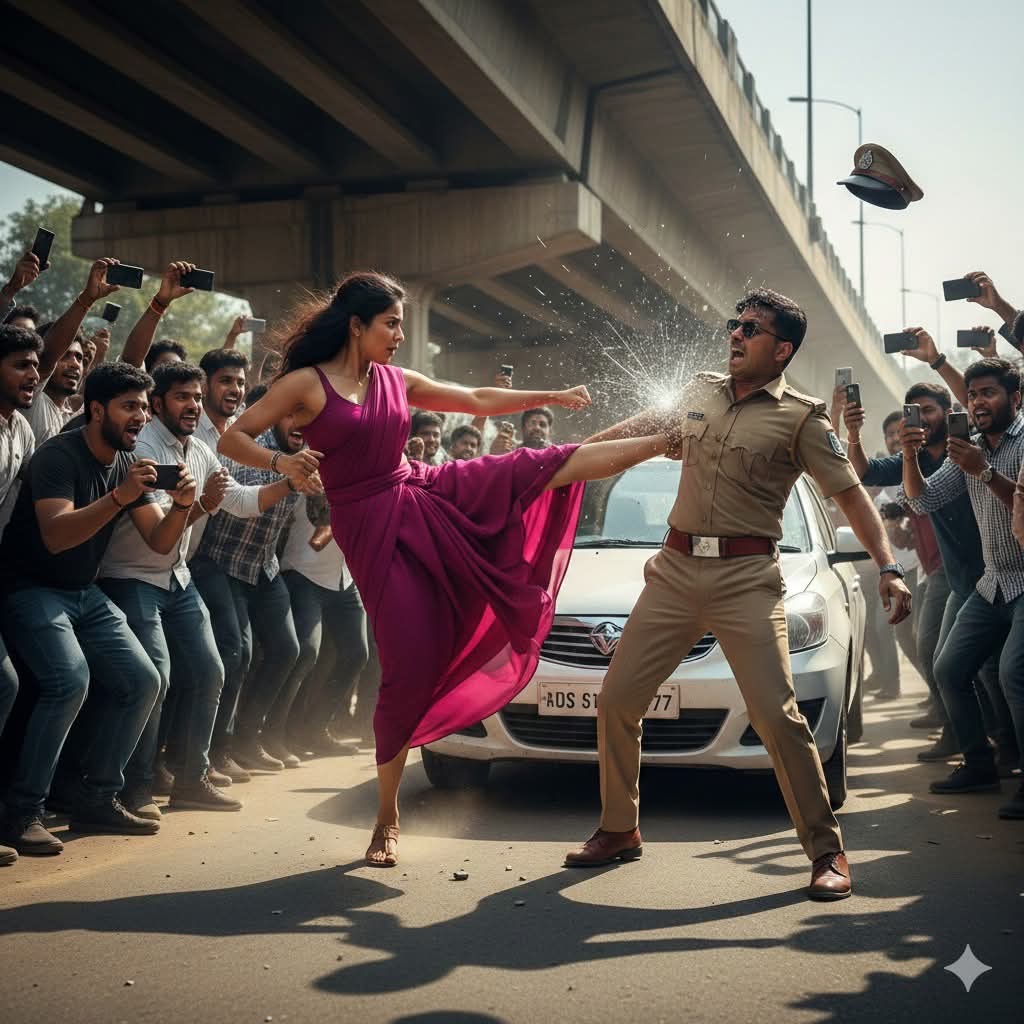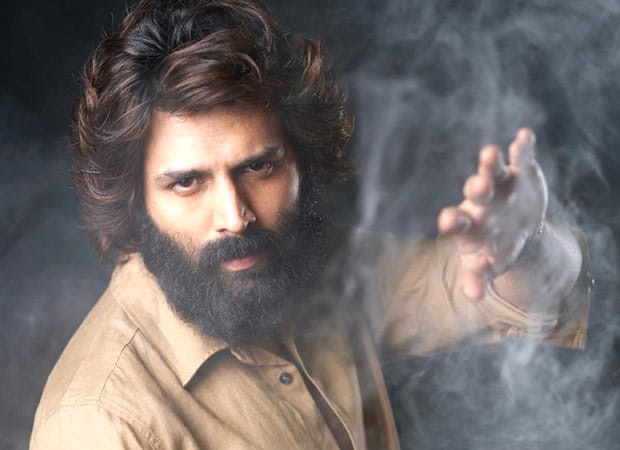Actor-filmmaker-writer Manoj Kumar rings in his 86th birthday today, 30 July.
Manoj Kumar dawned a new genre of patriotic films with his directorial debut, Upkar.
Although half a century has gone by since he set foot to the world of cinema, yet the benchmark of a great nationalist drama crusader remains Manoj Kumar.
Back in the 1960s and early 70s, Kumar established his devotion and love towards the country through cinema.
He rose to be acknowledged as son of the soil and got christened as ‘Bharat Kumar’ by cinephiles. Actor Shatrughan Sinha once dismissed current generation actors as “pseudo patriots” and called Manoj Kumar the “true patriot”.
Upkar came right after his Bhagat Singh biopic, Shaheed. He kept the tricolour flying high with films like Purab Aur Paschim Shor and Roti, Kapda aur Makaan.His films not only instilled a feeling of pride in every Indian but they also left an indelible mark in the viewer’s mind with their social messages.
Born Harikrishna Giri Goswami, on July 24, 1937, in Lahore’s Abbottabad in the North-West Frontier Province of Pakistan, Manoj Kumar was uprooted from his family home amid the Partition. He found his ‘home’ in a refugee camp in Delhi with his family at the age of 10. His childhood was traumatic and Manoj Kumar describes it as “rota hua bachpan” as he lost his two-month-old brother at a time when doctors were on strike. But his father HL Goswami didn’t let him turn bitter in life and later, Manoj Kumar credited him for instilling a sense of patriotism in him.
For Krishna Kumar Goswami “Patriotism is in his blood. He has inherited the spirit of patriotism and love for literature from his father and the right religious and moral values from his mother Krishna Kumari Goswami. He revealed his father was the president of their refugee camp in Delhi and the residents of the camp wanted him to ask for the water and electricity supply from Pandit Jawaharlal Nehru who was visiting the camp.
Instead, his father told Nehru, “Kashmir has been invaded.
Tell me, how many jawans do you need from our camp?”
Spirit of patriotism surrounded Kumar in the midst of his formative years. Though the young Kumar had to take up odd jobs to support his family, deep within, he had an immense love for movies. He was in love with the movies. If a Dilip Kumar film was released, he would be there for the first show on the first day,” Kumar had recalled. In fact, he changed his name to Manoj after watching Dilip Kumar’s Shabnam (1949).
The filmmaker who inspired Satyajit Ray, showed mirror to the society seven decades ago
Manoj Kumar’s earliest encounter with filmmaking was more of a need than a choice.
He needed Rs 3 lakh to support his family and hence he moved to Bombay to try his luck at the movies. He first bagged a small role in the 1957 film Fashion, starring Mala Sinha and Pradeep Kumar. Next, he starred in a documentary called Gangu Teli. The 1961 film Kaanch Ki Gudiya was his first film as a lead actor.
But he tasted success only after four years of entering the film industry, with the 1962 movie Hariyali Aur Rasta. About his struggle, the actor once told Rajya Sabha TV, “Bohot gaaliyaan khaayi, bohot zaleel kiya logon ne, sab bardaasht kiya, karna padta hai, par fir bohot izzat mili (People abused me. They insulted me. I took all of it but then I got a lot of respect also).”
The going was tougher for Kumar since Dev Anand, Dilip Kumar and Raj Kapoor were already ruling the roost when he entered the industry. The ones he was competing with were Dharmendra and Shashi Kapoor.
Still, Kumar managed to keep himself afloat during his days of struggle by working as a ghostwriter. “I worked as a ghostwriter at various studios and earned Rs 11 per scene,” Kumar once revealed.
The actor carved out his own niche with films dabbing into the patriotic spirit of a common man. However, if watched today, one would find the lack of technical aesthetics in his films and they were loud, simplistic and often expository. However, his great sense of how songs can convey what dialogues can’t is quite visible in the soundtrack of his films.
From 1965 to 1974, Kumar made cinema he knew people would lap up. Besides being an ardent lover of the country, he was a smart filmmaker too. His films, Shaheed (1965), a tribute to freedom fighter Bhagat Singh, Upkar (1967), a film that celebrated both farmers and soldiers as national heroes, and Purab Aur Paschim (1970) came after the 1962 Sino-India War and the Indo-Pakistan war of 1965.
Upkar was made on the suggestion of Prime Minister Lal Bahadur Shastri, who loved Kumar’s Shaheed, to embody his slogan “Jai Jawan, Jai Kisan”. A propaganda film, however, it managed to catch the fancy of its viewers. It was about figuring out the hope and hopelessness of a young nation. It celebrated the soldiers and farmers of the country and gave a timeless song, “Mere Desh Ki Dharti Sona Ugle”, which continues to be played every Independence and Republic Day.
The tortured genius behind classics Pyaasa and Kaagaz Ke Phool, who died at 39 of ‘melancholia’
Purab Aur Paschim, a more popular film of the actor-filmmaker, was a critique of the westernisation of Indians. It was a commentary on those who were forgetting their roots and Indian values in the face of Western influx. With lyrics like, “Jab zero diya mere Bharat ne, duniya ko tab ginti aayi, taaron ki bhasha Bharat ne duniya ko pehle sikhlaayi,” he stirred nationalism in the public consciousness. Subtlety was not the strong point of his movies, choosing to be in your face with the message.
With 1974’s Roti Kapada Aur Makaan, he raised a voice against inflation and unemployment in the 70s as blatantly said “Mehengayi maar gayi”. In Dus Numbri (1976) he highlighted how counterfeit money was infiltrating society. His last successful outing as Bharat was the 1981 film Kranti where he got the chance to direct his idol Dilip Kumar.
Before he became the beloved ‘Bharat’ with Upkar, Manoj Kumar also participated in the making of good cinema. He delivered films like Do Badan, a hit at the box office, and intriguing thrillers, Woh Kaun Thi? and Gumnaam.
Today, at 86, Manoj Kumar is retired from the films but he still believes no filmmaker should be “unfaithful” to the audience. He holds a grudge against those artistes of today who, he thinks, “believe if you want a message go to a post office, films do not have anything to do with messages.
News Edit K.V.Raman


